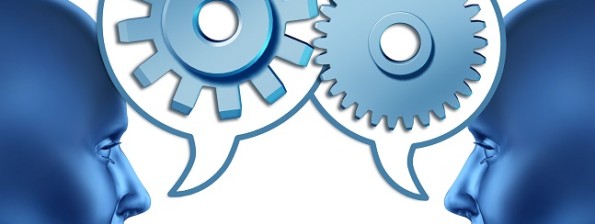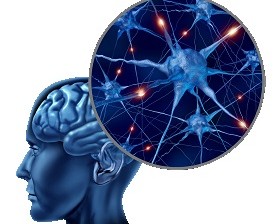30 Dec Context Models
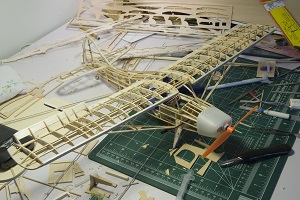
Building a Model The goals of the research that evolved into Understanding Context were twofold: to investigate human physiology/psychology for clues that would let us evaluate neuromorphic computational paradigms; and to explore the possibility of new computational models using context to correlate and associate concepts. Birds fly and they are lightweight. Building models of flight with lightweight materials works […]
31 Oct Modeling Biological Systems

Possible Mechanisms of Learning, Memory and Cognition In the first section of this blog, I talked about the brain, as a whole, to establish a framework for the discussion of natural intelligence. In this section, I have delved into the inner workings of neurons, themselves to ensure we understand how complex they are, and where we […]
29 Oct DNA and Biocomplexity

Bio-Complexity Before I can feel comfortable designing a machine or software that can perform brain-like tasks, I want to understand the brain and the broader context in which it develops and operates. The last thing I want to do is over-simplify my assumptions and fail in my design. Nor do I want to over-complexify. I don’t […]
25 Oct Chaos and Order, Fractals and Language Power

Fractals may appear chaotic when viewed from a distance, but they exhibit recognizable patterns or mirrored structures when viewed up close. So, too, there is a distance we humans must travel from the chaotic structure of a thought to the regular structure of a meaningful dialog made of symbols in the form of audible words and body language. […]
01 Oct Methodology or Mythology
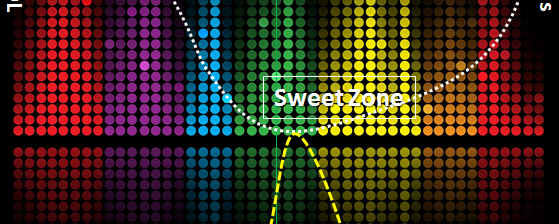
Call me a “nut”, but I have always been enthralled by science fiction. An image of Dave, a surprised and confused astronaut from 2001, a Space Odyssey, stays in my mind. In his eyes, I could see his brain working frantically to figure out how to master the situation, and giving way to hopelessness. The […]
25 Aug Learning from Brain Disorders
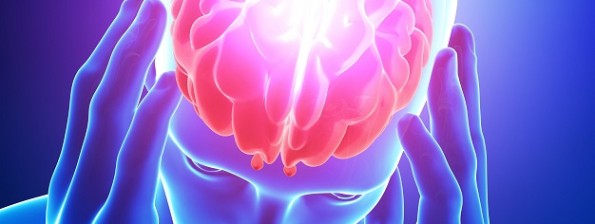
Serotonin Imbalance I am possessed of an orderly disorder. My “Obsessive-Compulsive Disorder” (OCD) compels me to make sure everything is lined up nicely. Do good managers benefit from a little OCD? Today’s post is about what we can learn about the brain from observing what happens when something isn’t exactly right. Collette Bouchez, on WebMD, tells us […]
22 Aug Unlocking the Power of Unruly Systems

Rules are the basis of all good decisions. Humans learn learn them through observation and nurture. Can systems do the same thing – can they learn through observation and nurture? I propose that they can. At it’s simplest, a rule takes the form of a premise (“IF clause”) and conclusion (“THEN clause”) and can be stated in natural […]
20 Apr Digital Presence and Immortality

Immortality? I’ve heard it said that a person was “immortalized” in such and such a painting, sculpture or poem. Unless you pack the burial with all the images of a person, the fact that those images outlast the decaying body may be a form of immortality. Are authors immortal? I’m rereading All’s Well, and I […]





